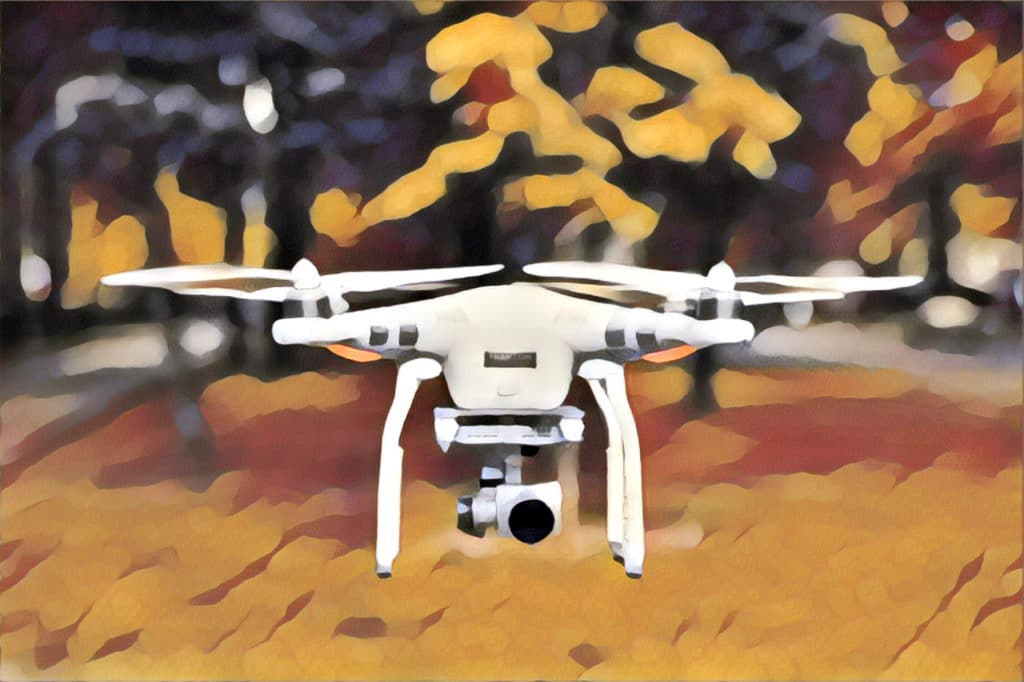Security researcher and IoT hacker Dennis Giese talks about his mission to liberate robot vacuums from the control of their manufacturers, letting owners tinker with their own devices and – importantly – control the data they collect about our most intimate surroundings.
surveillance
Episode 207: Sarah Tatsis of BlackBerry on finding and Keeping Women in Cyber
In this week’s episode of the podcast (#207) we speak with Sara Tatsis of the firm Blackberry about her 20 year career at the legendary mobile device maker and the myriad challenges attracting women to- and keeping them in the information security field.
Podcast Episode 86: Unraveling the Cuban Embassy’s Acoustic Mystery
In this week’s episode of The Security Ledger Podcast (#86) we speak with Dr. Kevin Fu of the University of Michigan about research he conducted that casts doubts on reports of mysterious acoustic attacks on US embassy employees in Havana, Cuba. Also: Chip Block of Evolver talks about the Securities and Exchange Commission’s expanded cyber security guidance. And finally: thousands of radiologic sensors were deployed in the U.S. following the attacks of September 11 2001. We’ll look at new efforts to secure those systems from cyber attack.
WeChat set to become China’s official electronic ID | Security Affairs
Officials in the Nansha District of Guangzhou, China plan to allow citizens to use the WeChat social networking application as a form of official identification for access government and private sector services, Security Affairs reports.
Spy Eyes In the Sky: DHS says DJI Drones spy for Chinese Government, Industry
The Department of Homeland Security is warning that commercial drones made by the China-based firm Da Jian Innovations (DJI) may be providing “U.S. critical infrastructure and law enforcement data” to the Chinese government and favored industries in that country, according to a copy of an August, 2017 Intelligence Bulletin (PDF) published by the website Public Intelligence.




